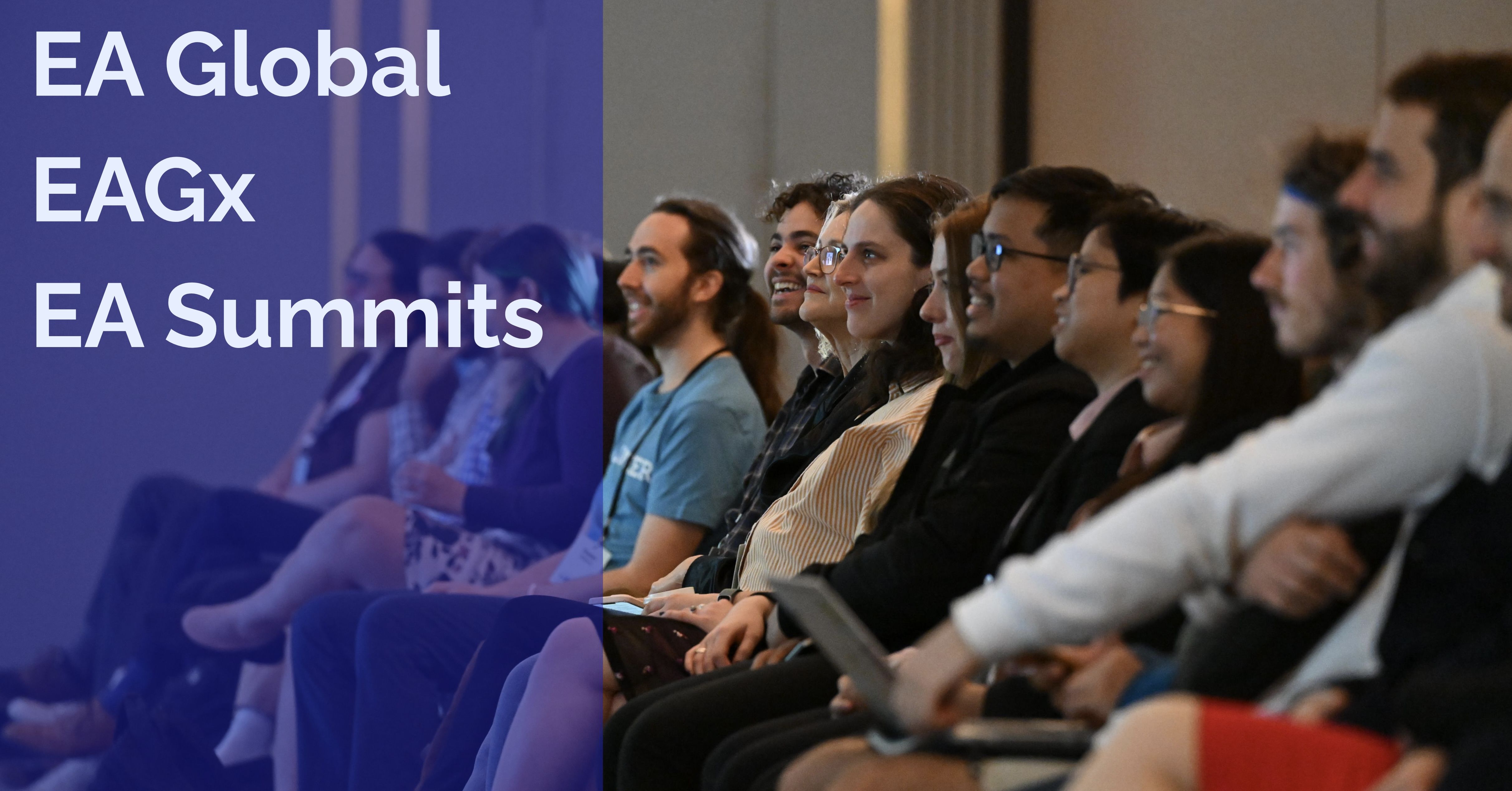Hi all! Last year, I shared an analysis of insomnia treatment as a potentially tractable cause area (https://forum.effectivealtruism.org/posts/ztrYNRJ66NQeMpS64/insomnia-with-an-ea-lens-bigger-than-malaria). Since then, I've built and launched my attempted solution. To help the project reach its potential, I'm searching for an EA-aligned cofounder with growth/marketing/operations skills. I'm happy to give a solid chunk of equity to the right candidate, plus a (minimal for now) salary.
Full job description:
Looking for a skilled generalist co-founder who can help me grow Dozy from public MVP to scaling product. I built the product myself and demonstrated that it works in closed tests. Since then, I've raised a small amount of pre-seed funding and launched publicly - now working with a small team of contractors. The biggest bottleneck at this point is me. To fix that, I'm hoping to bring on someone highly competent who shares my vision of accessible & effective insomnia care.
This role can change depending on your skillset and how we work together, but might involve some of the following:
- Growing organic sales channels - content, SEO, app store optimization, PR, referral systems
- Exploring b2b sales channels - EAPs, health plans, etc
- Experimenting with paid acquisition channels (though I'm unsure if those will make sense to use at scale)
- Streamlining internal processes - recruiting, sleep coach training, etc
- Community building (experimental)
- Legal concerns, financial concerns
- Exploring fundraising options for a seed round
What I'm looking for:
- Impact-driven - specifically with Effective Altruism-type principles if you're familiar. If you don't share that to some degree, we'll diverge on key decisions.
- Some amount of track record. Bonus points for increased relevance (health or mental health, tech industry, b2c or mobile marketing, startup, etc)
- Good taste and aesthetic sense. You don't need to be a designer, but you should have a sense of what's good work and what's not in most areas of responsibility.
- Epistemic humility. You should be comfortable changing your mind in light of new information, or accepting proposals that aren't yours. Strong opinions weakly held.
- Strong persuasive ability. Obvious relevance for a marketing role, but I think it also helps to deeply understand the problem we're trying to solve. (also fundraising)
Also, if you have insomnia, try out the app!! Download links at https://www.dozy.health




Hi, Sam. FYI, I've sent you a message on LinkedIn on this. Cheers.